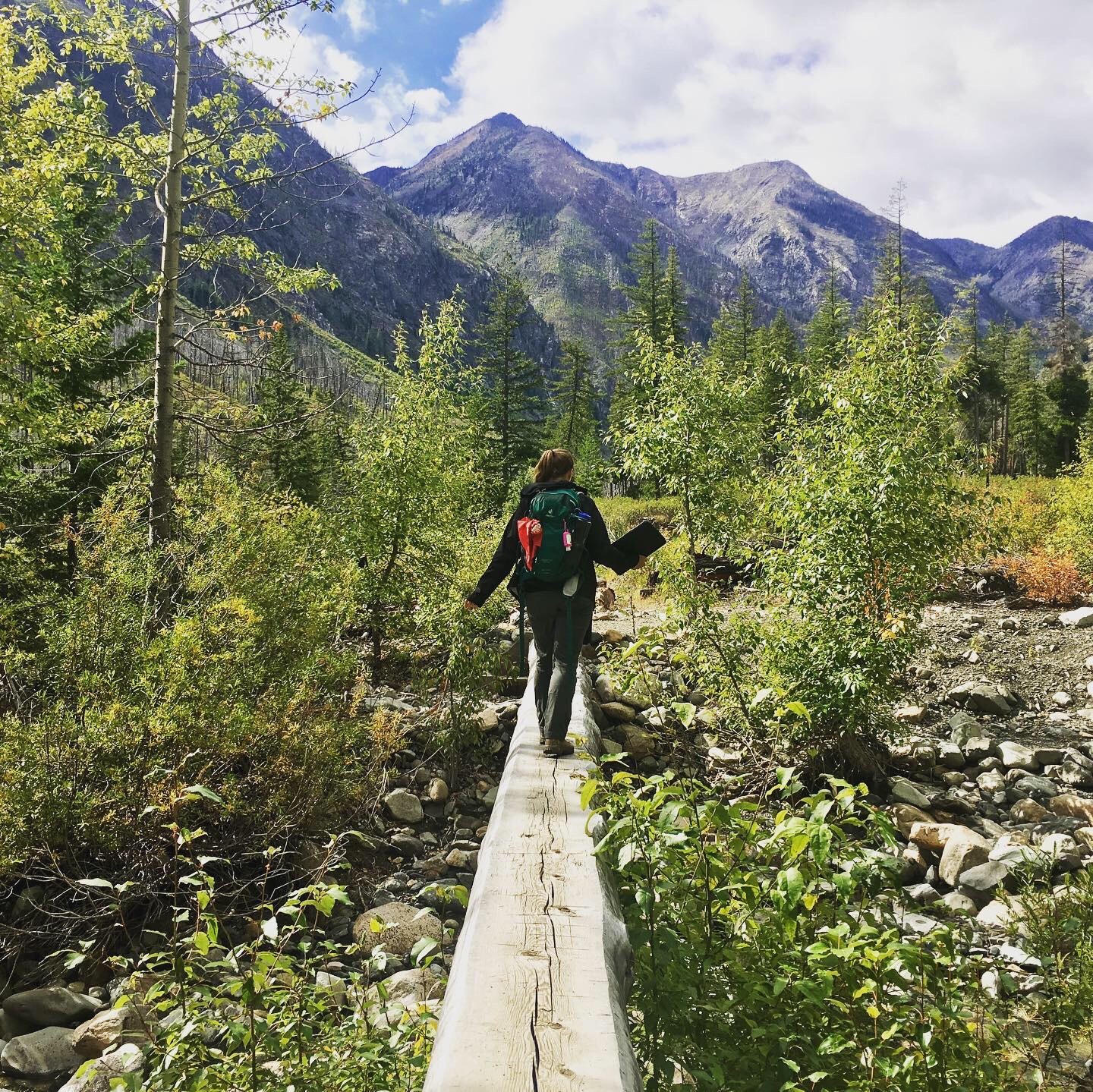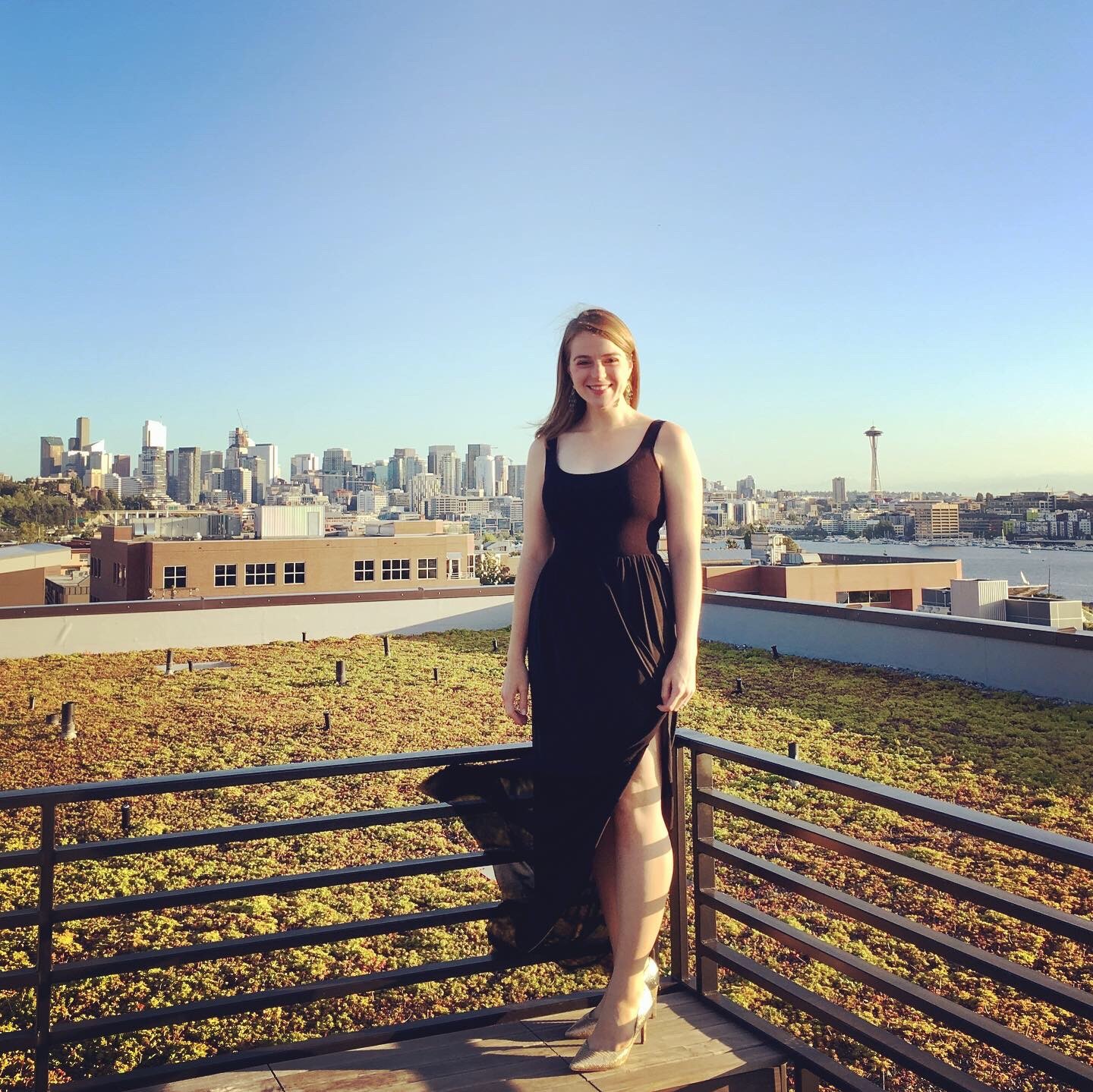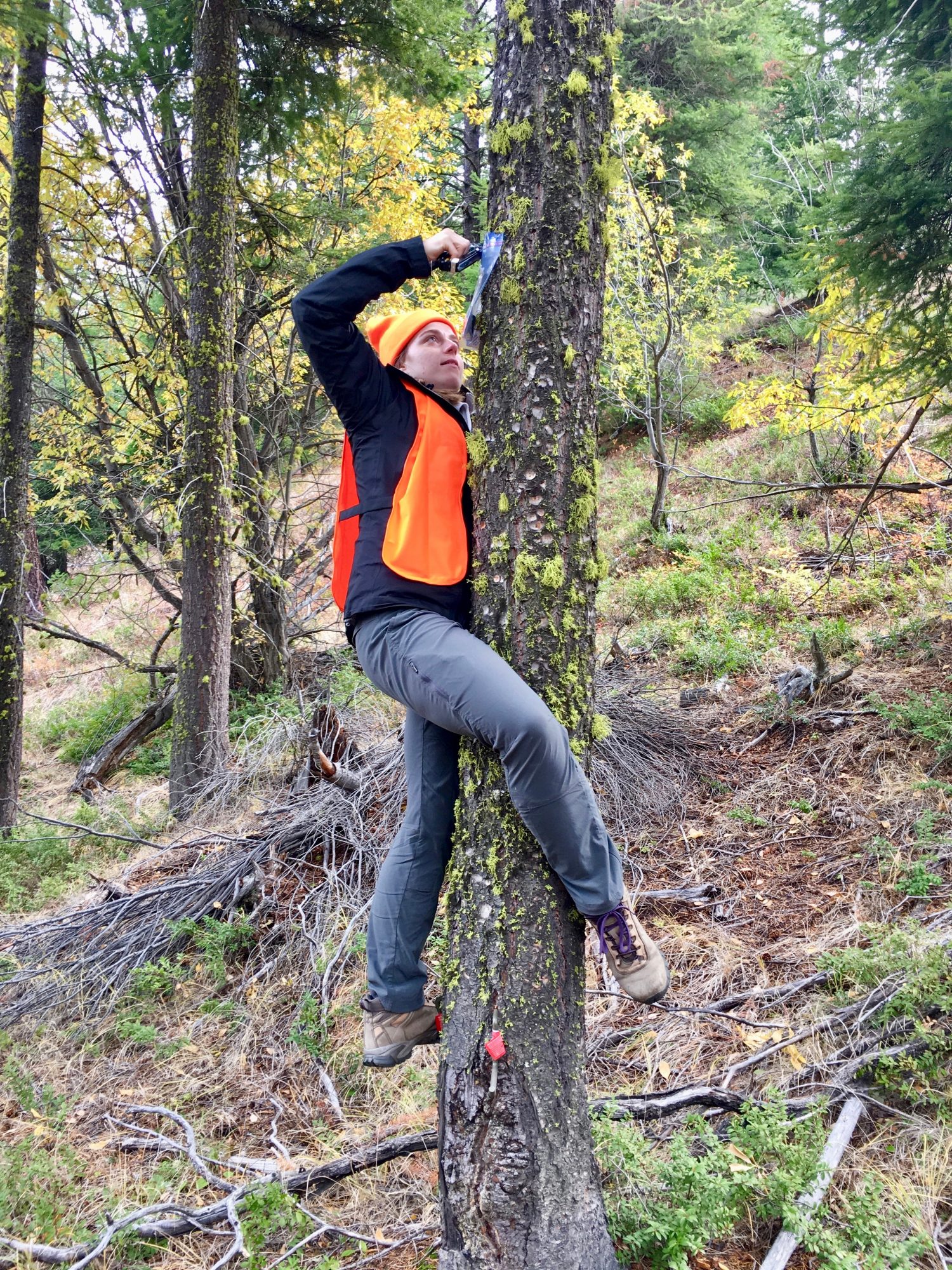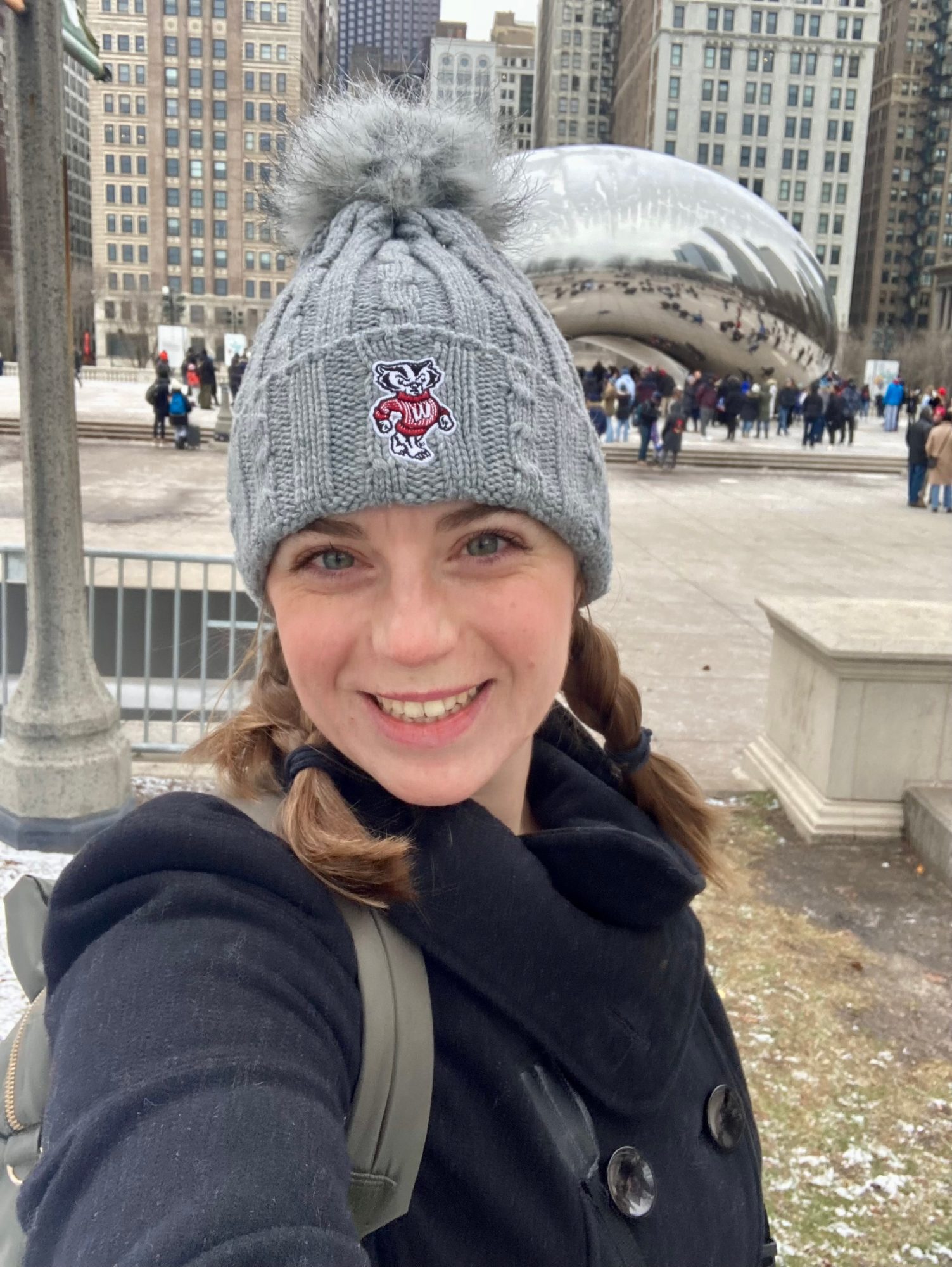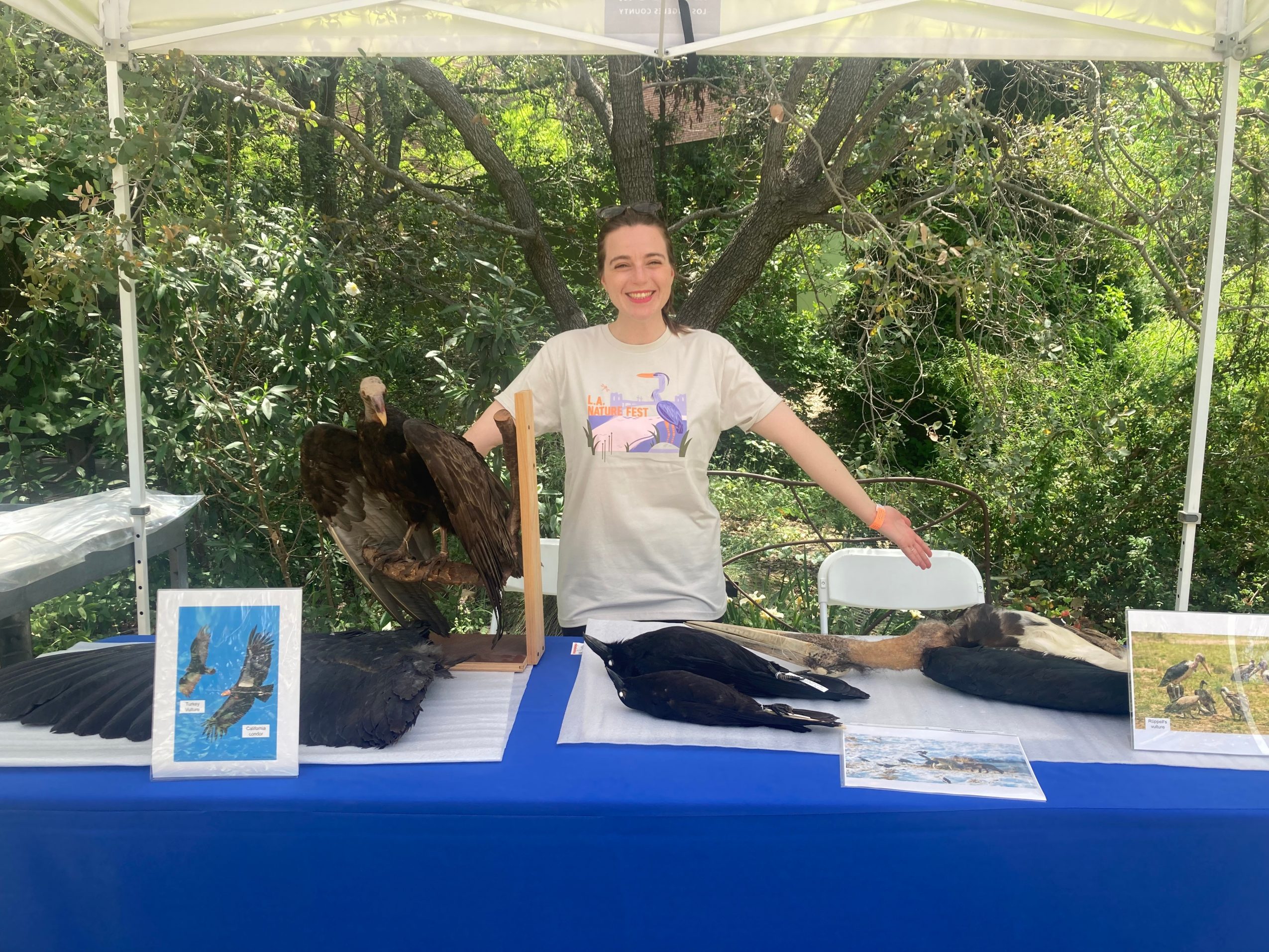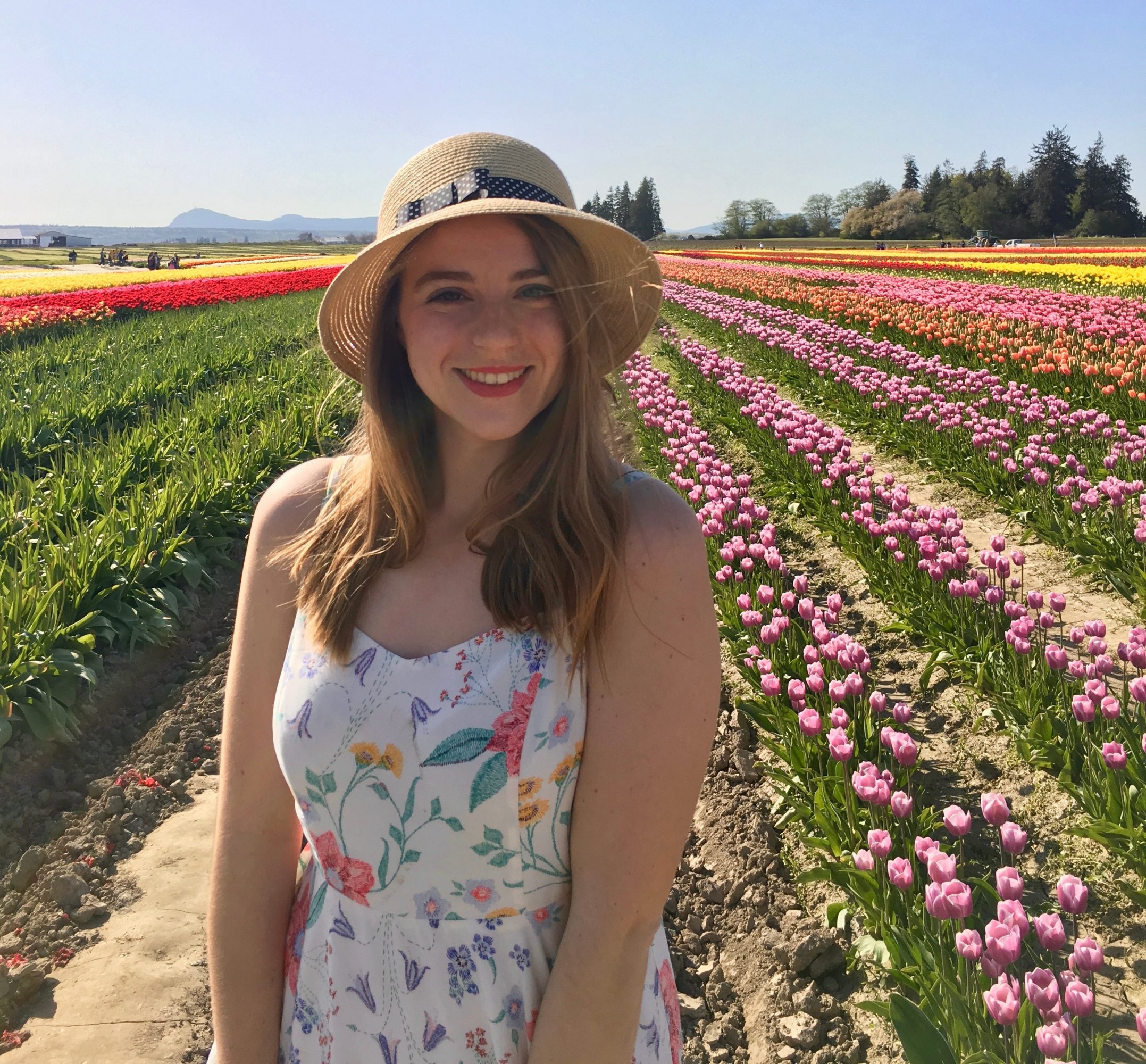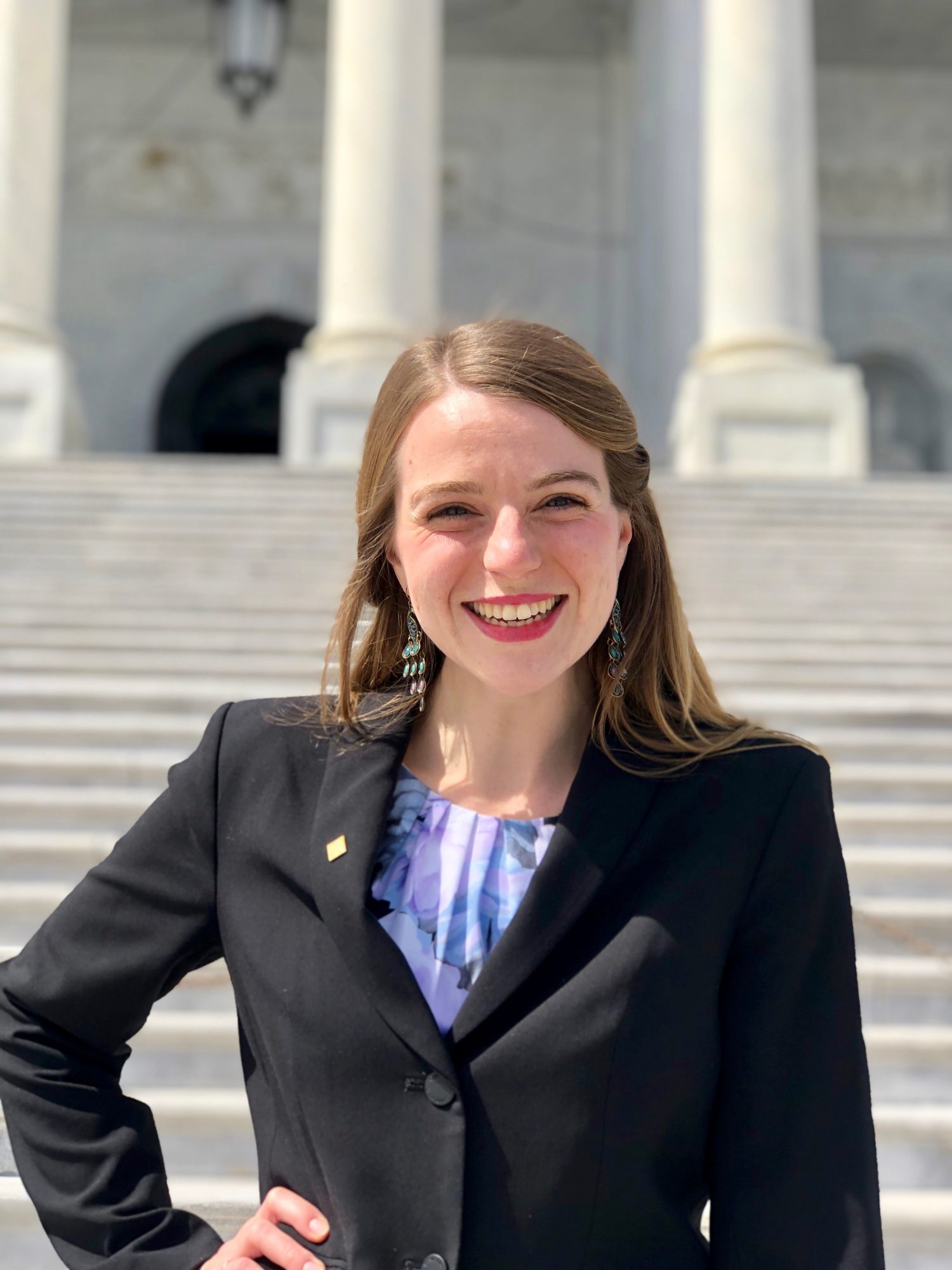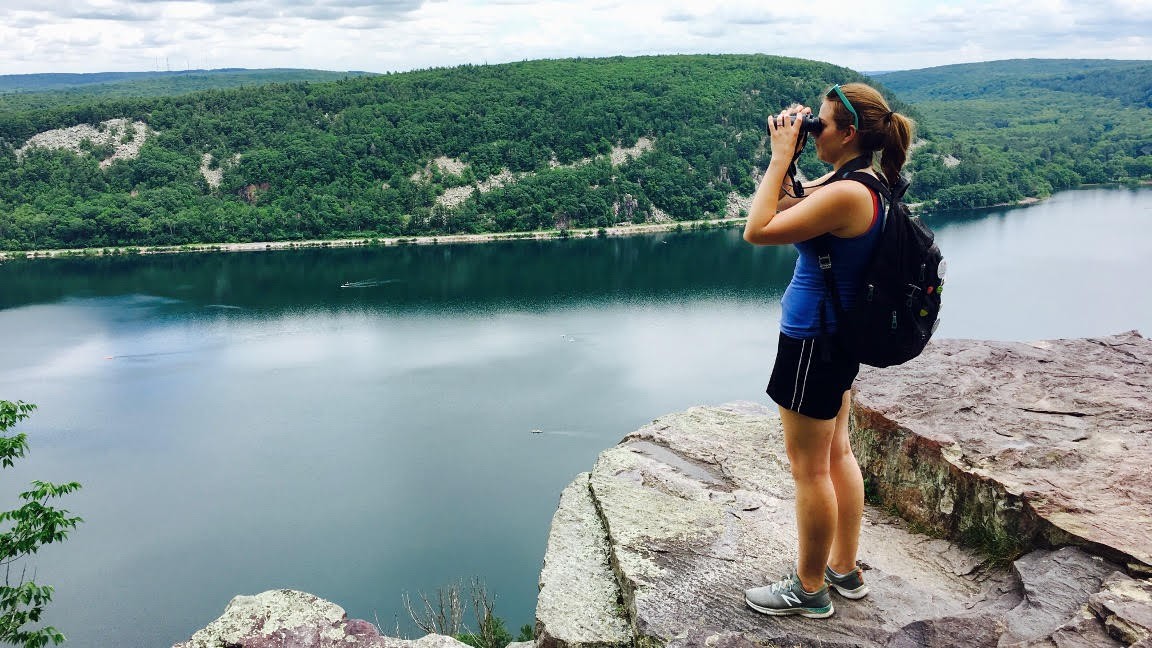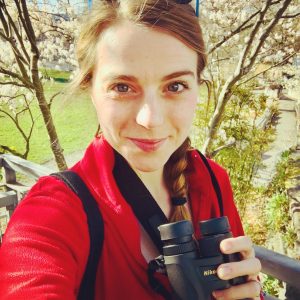
Today we’d like to introduce you to Olivia Sanderfoot.
Olivia, we appreciate you taking the time to share your story with us today. Where does your story begin?
I am an ecologist at the University of California, Los Angeles. In my research, I study birds and their relationship to our environment. (So, I am also an ornithologist – a scientist who studies birds!) My current research is focused on learning more about how air pollution, especially smoke from wildfires, impacts the health and behavior of birds. I am especially interested in exploring the effect of smoke on bird movement and species distributions – how does smoke shape where birds occur and how likely we are to observe them?
I was not always such a big fan of birds. In fact, when I was a kid, I was actually a bit scared of birds! I grew up in Madison, Wisconsin, just a 2-hour drive from my grandparents’ home on the shores of Lake Michigan. I loved visiting my Grandma and Grandpa, and I have fond memories of playing on the beach with my sister, building sandcastles and searching for sea glass. But, to get to the beach, we had to climb down a steep set of wooden stairs my grandpa had built into the side of the cliff that led from their home to the water’s edge, and the cliffside was home to hundreds of nesting swallows that swooped very close to my head! That always made me anxious. So, at an early age, I was a bit fearful of birds.
My relationship with birds changed dramatically in the months preceding my college graduation. I have always struggled with anxiety, but it was particularly intense at that time. Someone I loved very, very much was suicidal, pushing my stress to a new extreme. I tried therapy, yoga, and meditation, but my anxious mind would not be soothed. On a whim, I had enrolled in a class on birdwatching, thinking it would be an easy A – perfect for my senior spring. One frigid Wisconsin morning, I was with my classmates on a field trip when we caught sight of a Barred Owl. It was… majestic. I remember staring into its deep, black eyes, absolutely transfixed. The world around me faded and it was just me and the owl. In that moment, I felt lighter and happier than I had in a long time. Birdwatching quickly became my go-to activity to reduce anxiety.
I am soothed by birdsong, and I’m not alone. Research has suggested that birdwatching alleviates stress, lessens feelings of depression, and bolsters our mental well-being. Our day-to-day encounters with birds, whether or not we know their names or recognize their calls, bring us joy.
While there are countless reasons to protect birds, I believe birds have an intrinsic and immeasurable value – they connect us, and they ground us. Maybe then even save us.
My gratitude for birds is at the core of my work as a scientist.
Can you talk to us a bit about the challenges and lessons you’ve learned along the way. Looking back would you say it’s been easy or smooth in retrospect?
As a doctoral student, I struggled with my mental health. I am not alone in this experience. Unfortunately, graduate school is quite stressful for many people. The expectations are high, the workload is intense, and toxic institutional norms can make it difficult to keep imposter syndrome at bay. I was very grateful for the support of my friends and family. And, of course, I always felt better when I made the time to go birding!
I’ve also struggled to learn some of the quantitative skills required in my field. For example, coding is not at all intuitive to me. Sometimes, I feel like I have to work really hard to keep up with my peers and their knowledge of computer science and statistics.
As you know, we’re big fans of you and your work. For our readers who might not be as familiar what can you tell them about what you do?
For a long time, ecologists were not thinking too much about the impacts of air pollution on birds and other wildlife. Despite the well-established risks of air pollution for human health, there just hasn’t been much emphasis on investigating how air pollution impacts on animals. The lack of research on how air pollution affects birds is especially surprising because birds are far more sensitive to inhalation exposure to air pollution than other animals, including humans. My research has helped demonstrate that we need to think more critically about air pollution impacts on birds and other wildlife when developing conservation strategies. For a long time, air quality in the United States was improving ever since Congress passed the Clean Air Act in 1970. (Even L.A. has much better air quality these days!) However, climate change is worsening air pollution in many parts of the country. For example, as climate change intensifies wildfire activity, our communities are experiencing more frequent and severe smoke events. Birds are inevitably impacted by wildfire smoke, but we don’t know how they respond to smoke or what the short- or long-term consequences of exposure might be. This is the focus of my research at UCLA, to learn more about the risks wildfire smoke poses to birds and which species and populations may be most vulnerable.
The crisis has affected us all in different ways. How has it affected you and any important lessons or epiphanies you can share with us?
Yes! During the COVID-19 pandemic lockdowns, I led a community science project to engage communities in the Pacific Northwest in monitoring birds. Our goal was to learn more about how birds were impacted by changes in human activity during lockdowns. Through this experience, I learned that birding brought solace to many people during the COVID-19 crisis, emphasizing the value of birds for our mental health.
Contact Info:
- Website: https://ovsanderfoot.com
- Instagram: @osanderfoot
- Linkedin: https://www.linkedin.com/in/olivia-v-sanderfoot-ph-d-3553bbab?trk=public_profile_browsemap
- Twitter: @osanderfoot
- Youtube: https://www.youtube.com/channel/UCm8CVExYzZUCugDvK7lLv0w
